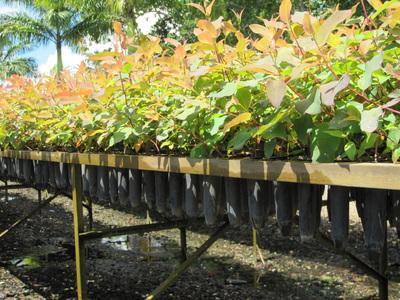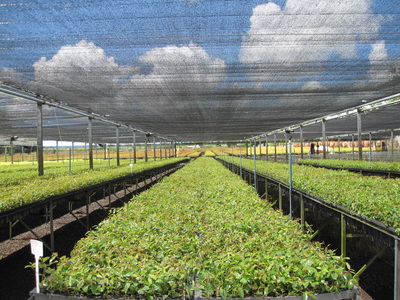ENVIRONMENT
Ensyn's biocrude is a low carbon product that helps to reduce Greenhouse Gas (GHG) emissions by displacing fossil fuels in heating applications and lowering emissions associated with fossil fuels.
Using Ensyn’s biocrude in a refinery or in an industrial boiler reduces GHG emissions by 70-90% compared to conventional fossil fuels on a lifecycle basis. These figures were verified by the California Air Resources Board as a result of Ensyn’s completion of an extensive GHG life cycle analysis as part of its pathway application under the California Low Carbon Fuel Standard. The production of Ensyn’s biocrude also helps to reduce the wildfire risk to forests by providing an economic incentive for the sale of low value forest residuals – the feedstock for the biocrude. Creating a new market for low value residuals enables timber owners to economically manage their holdings and enhance their sustainable forest management practices. Ensyn's Biocrude & the U.S. Regulatory Framework Ensyn has received regulatory approval under the U.S. Environmental Protection Agency's Renewable Fuel Standard (RFS) program for the use of its biocrude for both heating and Refinery Co-processing applications. Ensyn has been granted Part 79 regulatory approval for its renewable gasoline and renewable diesel and Ensyn's Renfrew facility has been granted part 80 approval. Ensyn is a leading generator of cellulosic credits under the RFS program (Renewable Identification Numbers, or RINs) through the sale of biocrude for heating purposes. Ensyn has also been granted approval by California’s Air Resources Board (ARB) for Refinery Co-processing in California pursuant to California’s Low Carbon Fuel Standard (LCFS). The regulatory approvals received from California's ARB covers the production of both gasoline and diesel via the co-processing of Ensyn's biocrude in specific California refineries using biocrude produced at Ensyn’s facility in Ontario from forest residues. The carbon intensity of the resulting renewable gasoline and diesel was determined to be in the range of approximately 20-25 g CO2e/MJ, or approximately 70% less than traditional petroleum-based fuels. Ensyn expects that biocrude produced at locations closer to the California refineries will have reduced carbon intensity due to lower transportation impacts. |
|
Environment
ABOUT |
PRODUCTS |
© COPYRIGHT 2015. ALL RIGHTS RESERVED.




